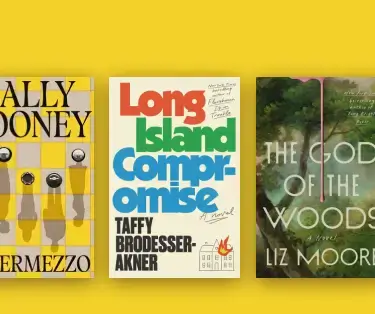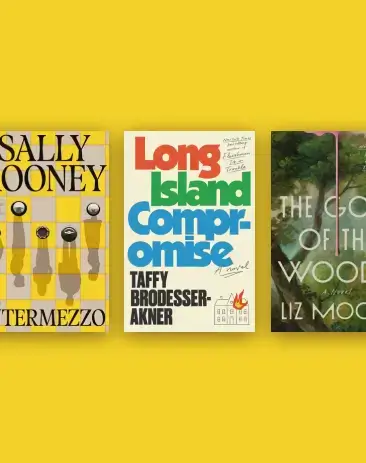The co-op bookstore for avid readers

The Floating Opera and the End of the Road
"The Floating Opera" and "The End Of The Road" are John Barth's first two novels. Their relationship to each other is evident not only in their ribald subject matter but in the eccentric characters and bitterly humorous tone of the narratives. Both concern strange, consuming love triangles and the destructive effect of an overactive intellect on the emotions. Separately they give two very different views of a universal human drama.
Book Details
- Publisher: Knopf Doubleday Publishing Group
- Publish Date: Mar 11st, 1997
- Pages: 442
- Language: English
- Edition: undefined - undefined
- Dimensions: 8.20in - 5.40in - 1.00in - 1.15lb
- EAN: 9780385240895
- Categories: • Literary• Humorous - Dark Humor• Psychological
About the Author
John Barth (1930-2024) was an American writer celebrated for his postmodern and metafictional fiction. Barth's first novel, The Floating Opera, was published in 1956, followed by The End of the Road. Barth achieved critical and commercial success in the 1960s with The Sot-Weed Factor and Giles Goat-Boy. His collection of interconnected stories, Lost in the Funhouse, was a finalist for the National Book Award in 1969. His other works include Chimera, a collection of three novellas that won the National Book Award in 1973; Letters, an epistolary novel; Sabbatical: A Romance; The End of the Road; and The Friday Book, a collection of essays.
Praise for this book
"One of the joys of The Floating Opera is that it is a rambling, overstuffed first novel bearing as much ambition and stylistic frothiness as the more physically daunting [novels] that came later. . . . It's a good story. An engrossing one . . . even if the 'writer' does end up digressing and winking and leading the reader occasionally astray." --The Los Angeles Times
"The End of the Road is a darkly funny and strange interpretation of the university-campus novel, a kind of American spiritual cousin to Lucky Jim, with a dash of mock-existentialism and parody of Ayn Rand-style mid-century narcissism. . . . Barth plays many scenes for laughs, yet the story, which centers on Horner's rather blank search for a code by which to live, leads to a finale of unexpected violence and emotional force." --The New Yorker
"The End of the Road is a profound deliberation on the dominant Western philosophy of its time, existentialism, which Barth, in a Camus-like story of a marital affair, first seems to value and then exposes as obscenely inadequate." --The New York Times
"The End of the Road is a darkly funny and strange interpretation of the university-campus novel, a kind of American spiritual cousin to Lucky Jim, with a dash of mock-existentialism and parody of Ayn Rand-style mid-century narcissism. . . . Barth plays many scenes for laughs, yet the story, which centers on Horner's rather blank search for a code by which to live, leads to a finale of unexpected violence and emotional force." --The New Yorker
"The End of the Road is a profound deliberation on the dominant Western philosophy of its time, existentialism, which Barth, in a Camus-like story of a marital affair, first seems to value and then exposes as obscenely inadequate." --The New York Times

































